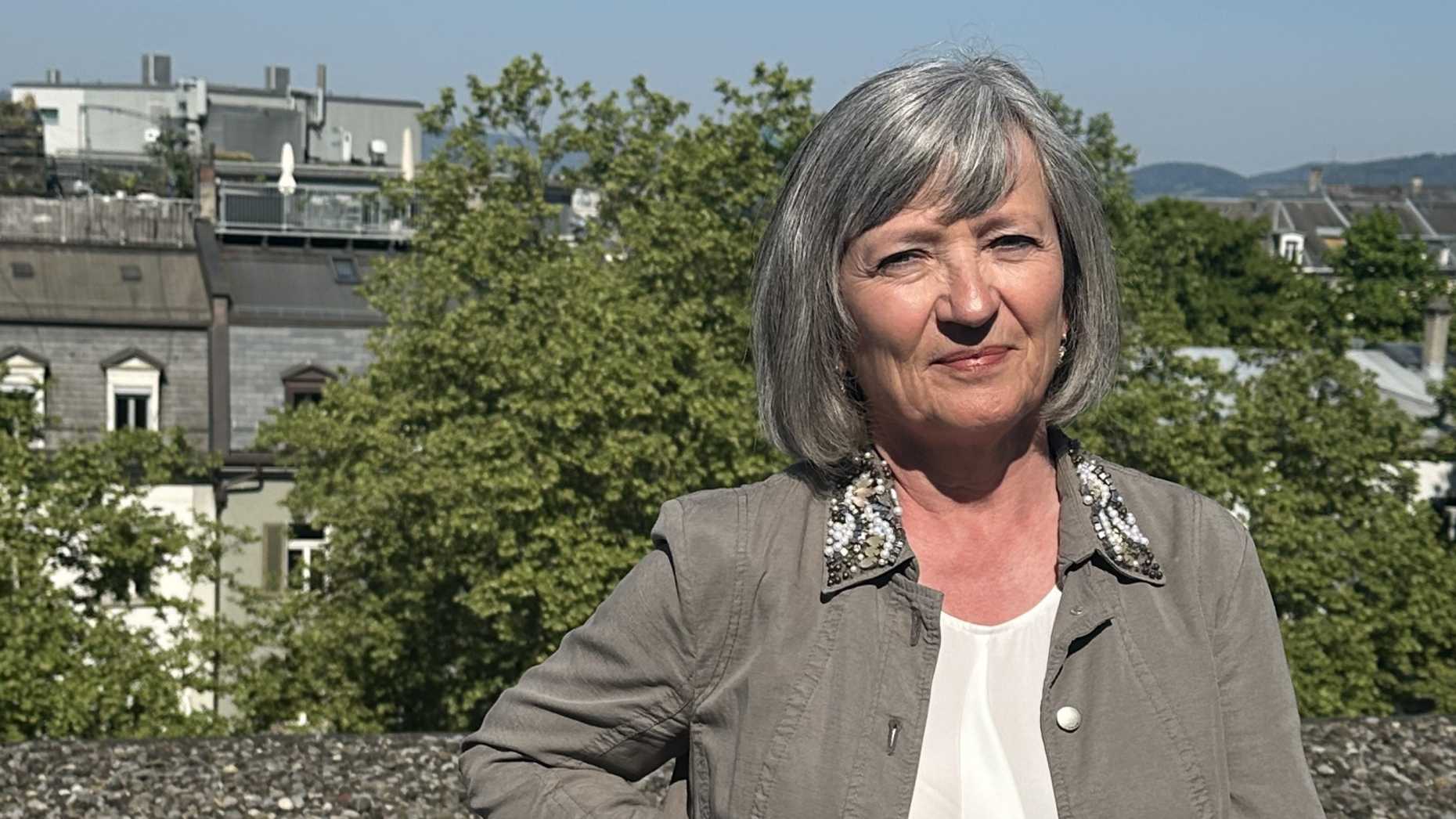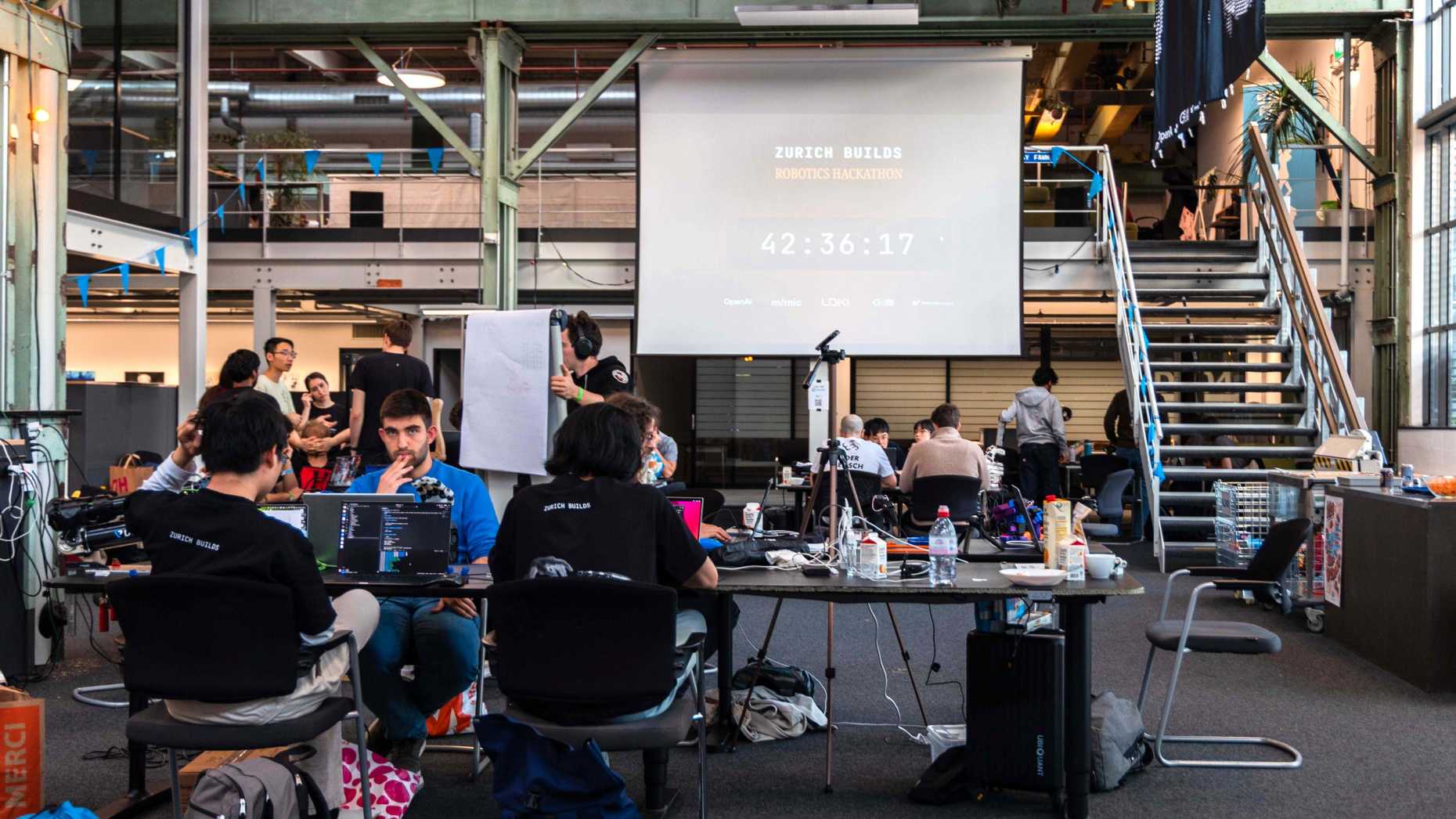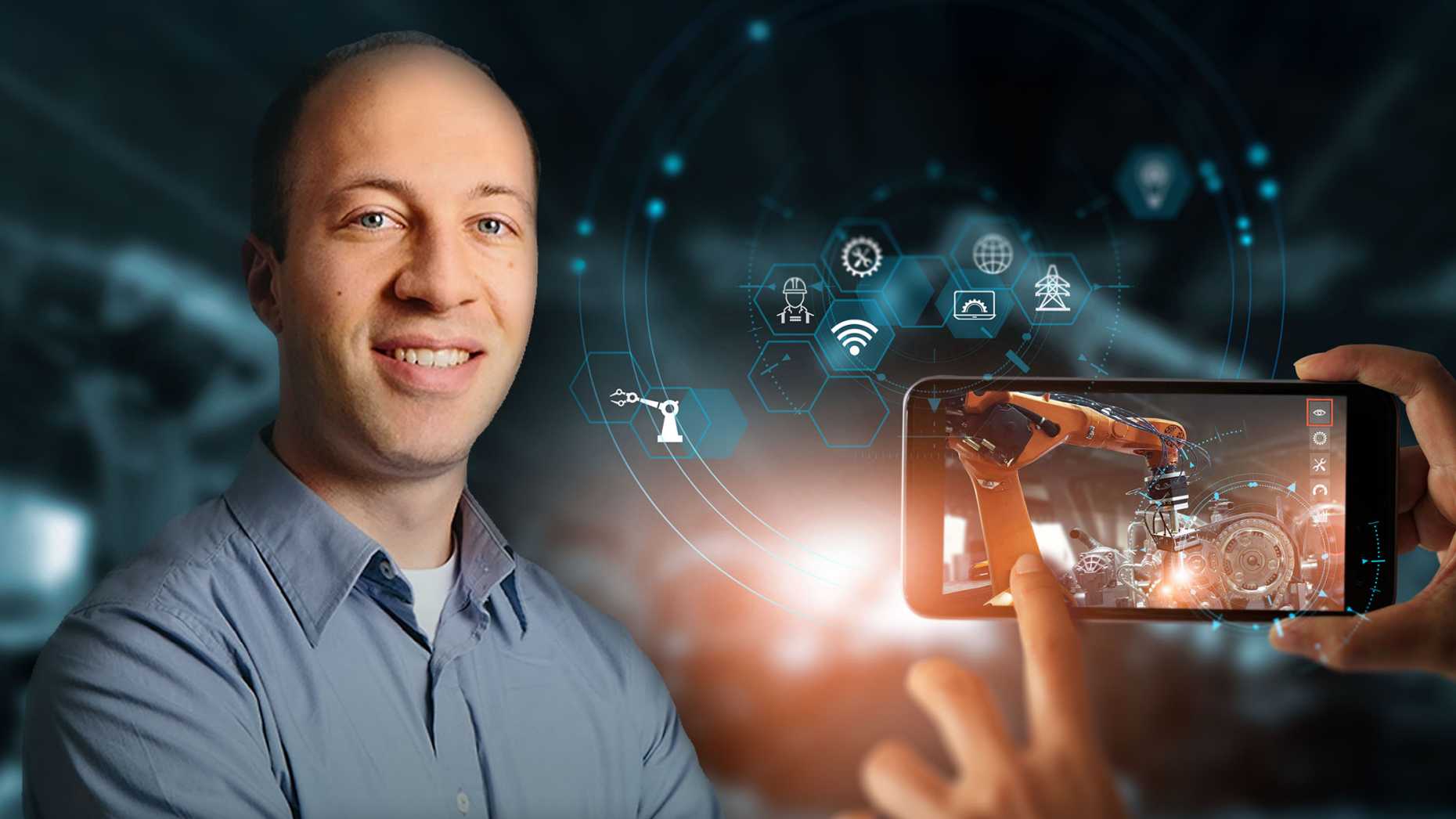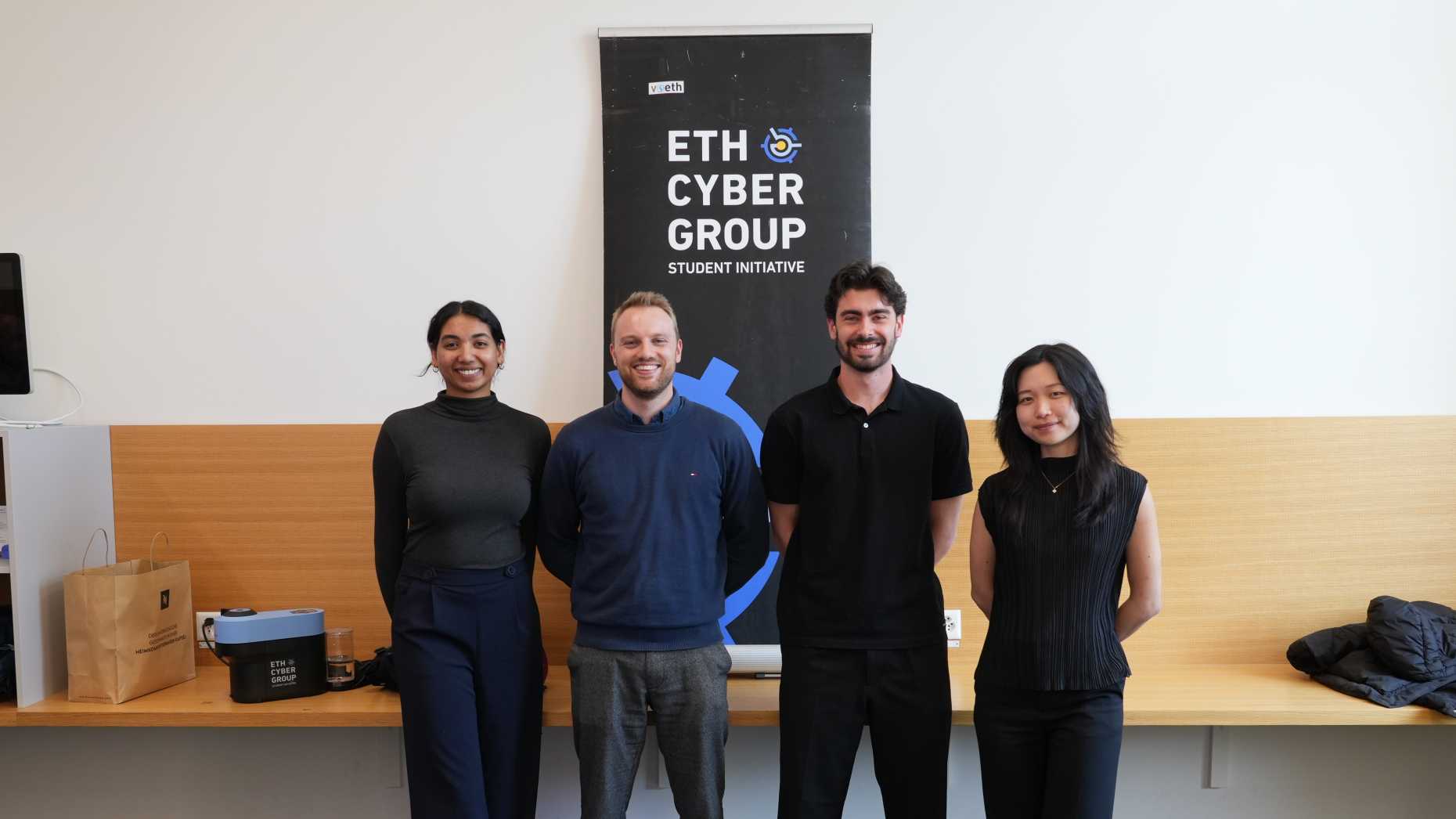In-depth Stories
ETH Zurich students gain AI skills using the “Alps” supercomputer

A recent course offering at ETH Zurich entitled “Large-Scale AI Engineering” helps students hone necessary skills for developing and optimising next-generation AI technologies. With access to “Alps,” one of Europe’s largest AI-ready systems, participants are gaining practical experience at the frontier of generative AI on a world-class supercomputer.
"Our goal is to position ETH Zurich well and provide students with an excellent education"

For 18 years, Denise Spicher shaped the study administration of the D-INFK – now she is retiring. In this interview, she describes the changes in the department, talks about the source of her commitment and recalls a special incident with a student.
Robotics Hackathon 2025: Ambitious builders compete in Zurich

From 9 to 11 May, Zurich hosted the inaugural Robotics Hackathon 2025, bringing together ambitious innovators to design and build robots. This intense and inspiring weekend was initiated and organised by three ETH Zurich students.
Making augmented reality suitable for society

ETH Zurich is establishing the Augmented Reality Research Hub (ETHAR) in close collaboration with Google. The hub aims to promote interdisciplinary research and produce scientific publications, open-source systems, and new datasets in the field of augmented reality. It is being led by Computer Science Professors Christian Holz and Thomas Hofmann.
ETH Team wins 2025 Geneva Cyber 9/12 Strategy Challenge

On 10 and 11 April, the cyber competition Geneva Cyber 9/12 Strategy Challenge 2025 took place. Team PhishTank from ETH Zurich won first place, while Team Ephex from EPFL came in third. Congratulations!